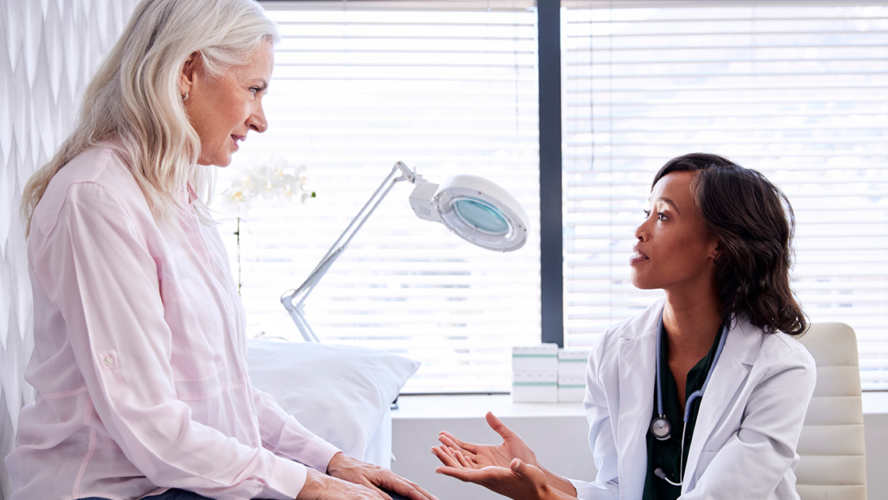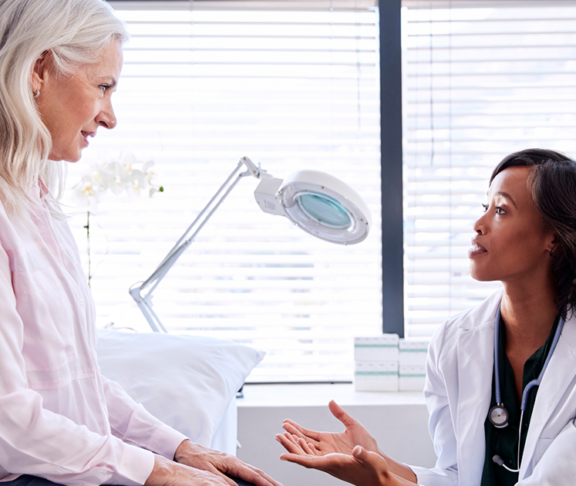
Dr Nóirín O’Herlihy
Director of Women’s Health, Irish College of General Practitioners
Women in Ireland have an open and trusted relationship with their GP which is developed over the years, as they attend the GP throughout their life course.
The GP’s practice is a safe space where a huge range of health-related issues can be resolved.
Helping women in their early years
In the early years, women often attend their GP if they have problems with their periods — whether it be painful periods and are worried about the possibility of endometriosis or absent or irregular periods and concerned about polycystic ovarian syndrome.
GPs and their Practice Nurses can provide advice on contraception, sexual health, vaccinations, breast awareness and provide a safe space to disclose possible domestic violence and abuse. Mental health including anxiety, depression and eating disorders have become more prevalent since the Covid-19 pandemic, and GPs are often the first point of contact in these cases.
Important decisions in the middle years
In the middle years, GPs provide additional services including pre-conception counselling, advice on sub-fertility and antenatal care. Postnatal follow-up is recognised as a very important part of a woman’s care to ensure breastfeeding support, support for women who may suffer post-natal depression and good pelvic floor health.
Some high-risk women will require additional long-term screening, including those who have suffered pre-eclampsia or gestational diabetes. GPs will remind women of the need for cervical screening, and many practices have developed innovative initiatives to encourage women to attend their smear when it is due.
GPs encourage opportunistic screening and prevention of long-term health conditions.
Crucial support in post-reproductive years
In the post-reproductive years, GPs can provide women with individualised menopause care. GPs encourage opportunistic screening and prevention of long-term health conditions.
In 2022, the ICGP published a guide for GPs so that they are supported to provide high-quality menopause care including lifestyle advice, hormone replacement therapy and alternative non-hormonal options for menopausal symptoms.
The GP will also discuss cardiovascular health (address risk factors including blood pressure, cholesterol, weight), advise screening including cervical screening, breast check and bowel screening and advise on lifestyle management of menopausal symptoms.
Bone health is critical in these years, and GPs will advise on adequate vitamin D and calcium intake, weight-bearing exercises and the need for a DEXA scan to screen for osteoporosis.
Helping women take care of their bodies
The Irish College of General Practitioners would like to see a structured programme developed for women so that the life course approach to Women’s Health could be standardised across GP practices across Ireland.

